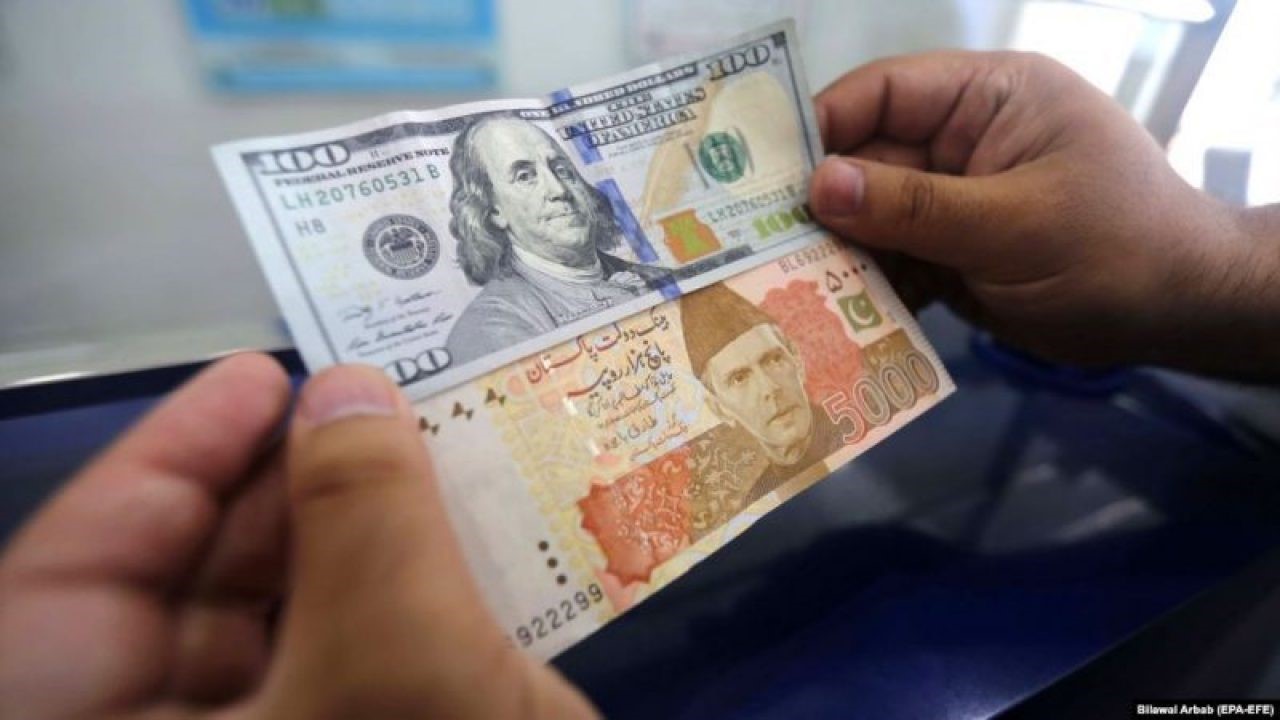INP-WealthPk
Sajid Irfan
The final approval of a bailout package by the International Monetary Fund (IMF) for Pakistan will help to boost its exchange reserves in a short time, WealthPK reports. The economy of Pakistan is faced with several challenges owing to different factors.
The uncertainty about the IMF bailout programme would greatly affect the exchange rate. Pakistan’s foreign exchange reserves are declining. However, the approval of the IMF bailout package would help to boost Pakistan’s exchange reserves.

Dr Abdur Rashid, a financial expert at the International Islamic University Islamabad, told WealthPK that Pakistan’s foreign exchange reserves were mainly derived from loans from financial institutions and friendly countries.
He feared that a delay in the 9th bailout for Pakistan by IMF would greatly affect its exchange rate and foreign exchange reserves. He said that the bailout was due in the last week of October but it was rescheduled for November 3. It is still being delayed.
IMF has laid several conditions on the Pakistani government for the bailout including abolishing subsidies, reducing government spending and several others related to interest rates and foreign exchange rates. “Pakistan needs funds to shore up its struggling economy, exacerbated by devastating floods that wiped out much of the country's agriculture and infrastructure in recent months.
The World Bank estimates that the recent floods have inflicted losses of $30 billion on Pakistan. Rebuilding the damaged infrastructure will take a long time,” said Dr Abdur Rashid. He said that the government had taken loans from the IMF to stabilise the deteriorating economy, exchange rates and balance of payments, but the relief was short-lived and usually yielded a new crisis in the long run as the debt matured.
Dr Abdur Rashid said that Pakistan was at a challenging economic juncture. A difficult external environment combined with procyclical domestic policies fuelled domestic demand to unsustainable levels. The resultant economic overheating led to large fiscal and external deficits.
He said that it was not easy for Pakistan’s economy to get back on track. According to him, it is the need of the hour to control foreign exchange reserves, which have been falling because of excessive reliance on debt servicing.
The government is forced to implement the policies of the IMF. “The State Bank of Pakistan (SBP) and the government should implement effective monitoring rather than relying on overseas remittances.
The government should recognise the importance of exchange rates in our specific circumstances and work to keep them stable in order to manage the consumer price index (CPI), which will help to keep the price range of everything within reach of an average Pakistani household,” said Dr Abdur Rashid.
He said that the SBP must focus on its current policies and seek to stabilise the economy by taking steps to strengthen the Pakistan rupee. As a result of the declining foreign exchange reserves, Pakistan's currency has depreciated.
In order to boost foreign exchange reserves, Pakistan must focus on investment-friendly policies. “Exports are the most effective way to increase foreign exchange reserves and strengthen the Pakistan rupee. An increase in exports will help to put the national economy on track,” Dr Abdur Rashid told WealthPK.
Credit : Independent News Pakistan-WealthPk



